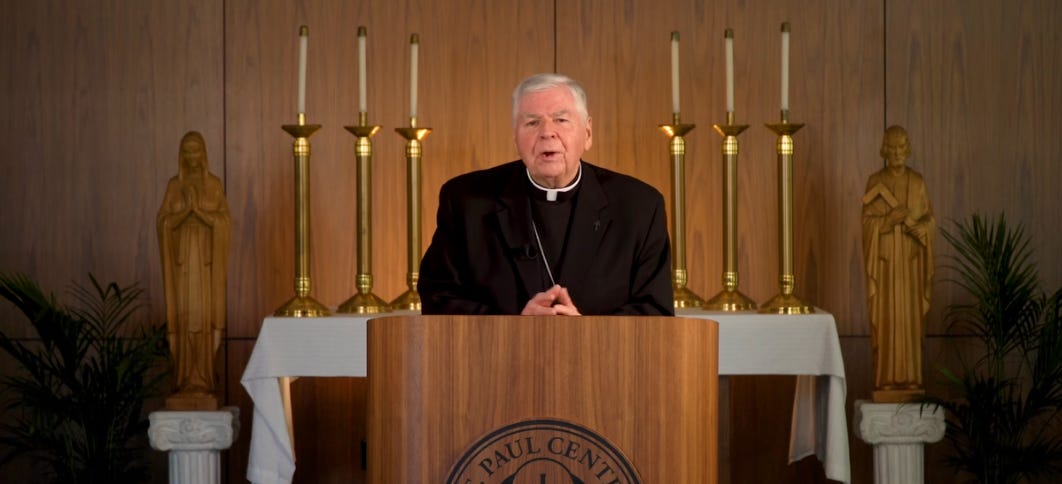In Bishop Bradley, has Steubenville found its ‘template’?
'Imagine, a bishop who actually listens!'
When Bishop Jeffrey Monforton was named an auxiliary bishop of Detroit five months ago, his Diocese of Steubenville had been through a hard couple of years.
Monforton himself faced two Vatican-ordered Vos estis lux mundi investigations. The diocesan cathedral was falling apart and had been shuttered, a…

